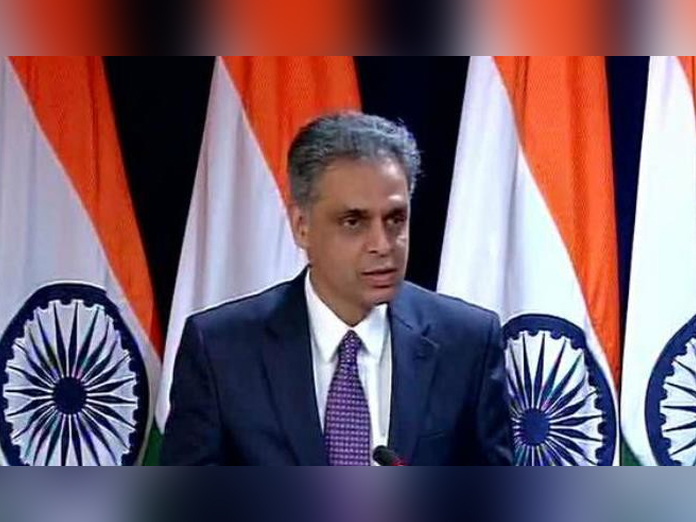India calls for special measures to protect peacekeepers from IED hazards

India has asked the UN to take special measures to protect peacekeepers from improvised explosive devices IEDs that are a major hazard for the Blue Helmets
United Nations, Feb 12:India has asked the UN to take special measures to protect peacekeepers from improvised explosive devices (IEDs) that are a major hazard for the Blue Helmets.
"We should have dedicated counter-IED resources for missions facing such threats," India's Permanent Representative Syed Akbaruddin told the Special Committee on Peacekeeping Operations on Monday.
He also called for "concerted efforts to upgrade the security infrastructure of camps".
Two peacekeepers from Sri Lanka were killed by IEDs in Mali last month in the most recent case of attacks using them.
The UN Office of Disarmament Affairs had identified IEDs as "the largest single threat" to peacekeepers.
It had pointed out that "the contingents of many countries that make up the bulk of UN peacekeeping missions use unarmoured pick-up trucks that are highly vulnerable to IEDs".
A UN panel of experts on technology and innovation in peacekeeping had as far back as 2014 recommended a series of anti-IED measures ranging from deploying "mine-protected" vehicles to using drones to survey the routes ahead of peacekeepers' travels.
It also recommended using "bolt on" armour for vehicles, ground penetrating radars and hand-held detectors for IEDs.
However, the measures have not been fully implemented and fatalities from IEDs continue.
Akbaruddin also suggested improving the system used to select the troops for peacekeeping to ensure transparency and maintain the level of skills required for operations.
"The basis of selection should include training standards, equipment, and individual and collective skills that would best suit the requirements of specific mission's operational environment.
"The mission-specific training, if any, after troops deployment, could focus on coordination and collective training based on specific threats of the mission," he added.







